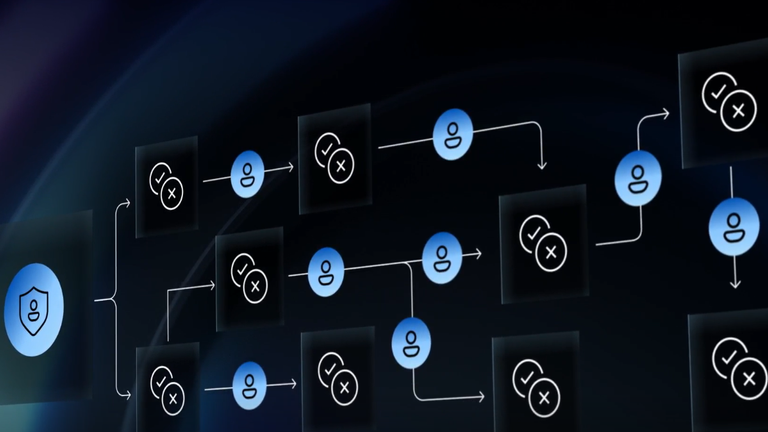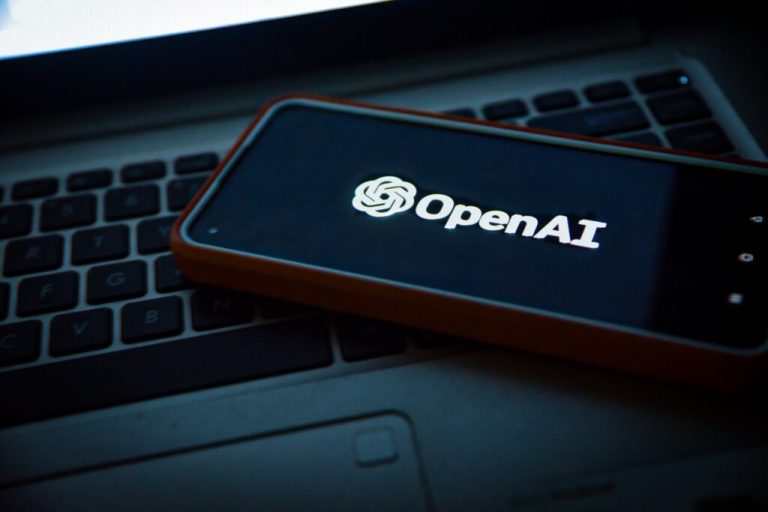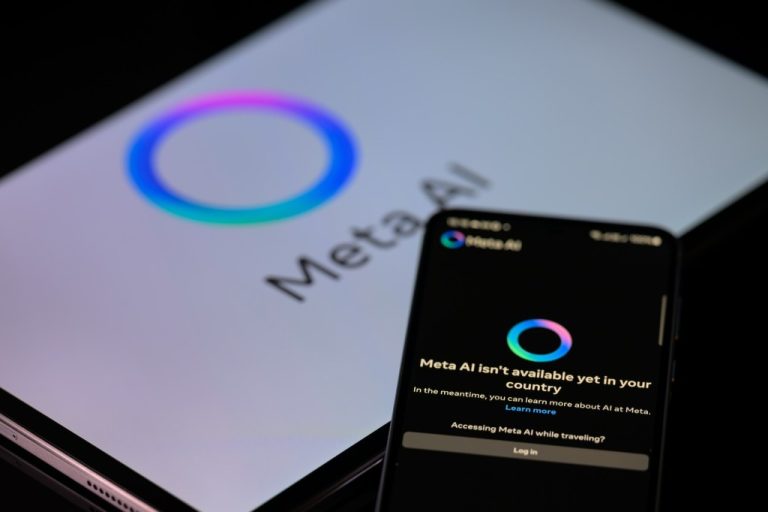Microsoft Warns of Unprecedented Complexity in Cybercrime and Espionage Hacking Techniques
A significant rise in hacking attempts from criminals, fraudsters, and espionage agencies has escalated to a level of “unprecedented complexity,” necessitating reliance on artificial intelligence for effective countermeasures, according to Microsoft. Vasu Jakkal, the vice president of security at the tech giant, stated, “Last year, we tracked 30 billion phishing emails.” He emphasized that it is impossible for any human to manage such a massive volume of threats.
In response to this growing challenge, Microsoft is launching 11 AI cybersecurity “agents” specifically designed to identify and filter suspicious emails, thwart hacking attempts, and gather intelligence regarding potential sources of attacks. Given that approximately 70% of the world’s computers operate on Windows software, and that numerous businesses depend on Microsoft’s cloud computing services, the company has become a prime target for cybercriminals.
Unlike typical AI assistants that respond to user inquiries or handle simple tasks like scheduling appointments, these AI agents operate autonomously. They interact with their environment to execute tasks without needing direct user inputs. Recently, there’s been a surge in dark web marketplaces selling ready-made malware for phishing operations, alongside the emergence of AI capabilities that enable the creation of new malware code and the automation of attacks. This has contributed to what Jakkal refers to as a “gig economy” for cybercriminals, valued at approximately $9.2 trillion (£7.1 trillion). She noted a five-fold increase in the number of organized hacking groups, whether state-sponsored or independent, stating, “We are facing unprecedented complexity within the threat landscape.”
The AI agents, developed partly by Microsoft and in collaboration with external partners, will be integrated into Microsoft’s suite of AI tools known as Copilot. These agents are primarily aimed at aiding customers’ IT and cybersecurity departments rather than individual Windows users. Due to the ability of AI to quickly recognize patterns in data and monitor inboxes for suspicious emails far more efficiently than human IT managers, both specialized cybersecurity firms and Microsoft are deploying “agentic” AI models to safeguard users online.
However, there are significant concerns regarding the deployment of autonomous AI agents across users’ computers or networks. Meredith Whittaker, the CEO of the messaging app Signal, expressed apprehension in an interview with Sky News last month. She remarked, “Whether you call it an agent or a bot, it can only know what’s in the data it has access to, which implies a desire for your private information and a real risk of privacy-invasive AI.”
In response to these concerns, Microsoft asserts that its multiple cybersecurity agents are designed with clearly defined roles, limiting their access exclusively to data pertinent to their functions. The company employs a “zero trust framework” for its AI tools, which mandates continuous evaluation to ensure that the agents adhere to their programmed guidelines. The implementation of this new AI cybersecurity software by a major player like Microsoft will undoubtedly attract considerable scrutiny.
Last July, a minor code error in an application caused cybersecurity firm CrowdStrike to experience a massive failure, affecting around 8.5 million Windows computers globally. This incident, characterized as the largest outage in computing history, disrupted operations for airports, hospitals, rail networks, and countless businesses, including Sky News, with many taking days to fully recover.






